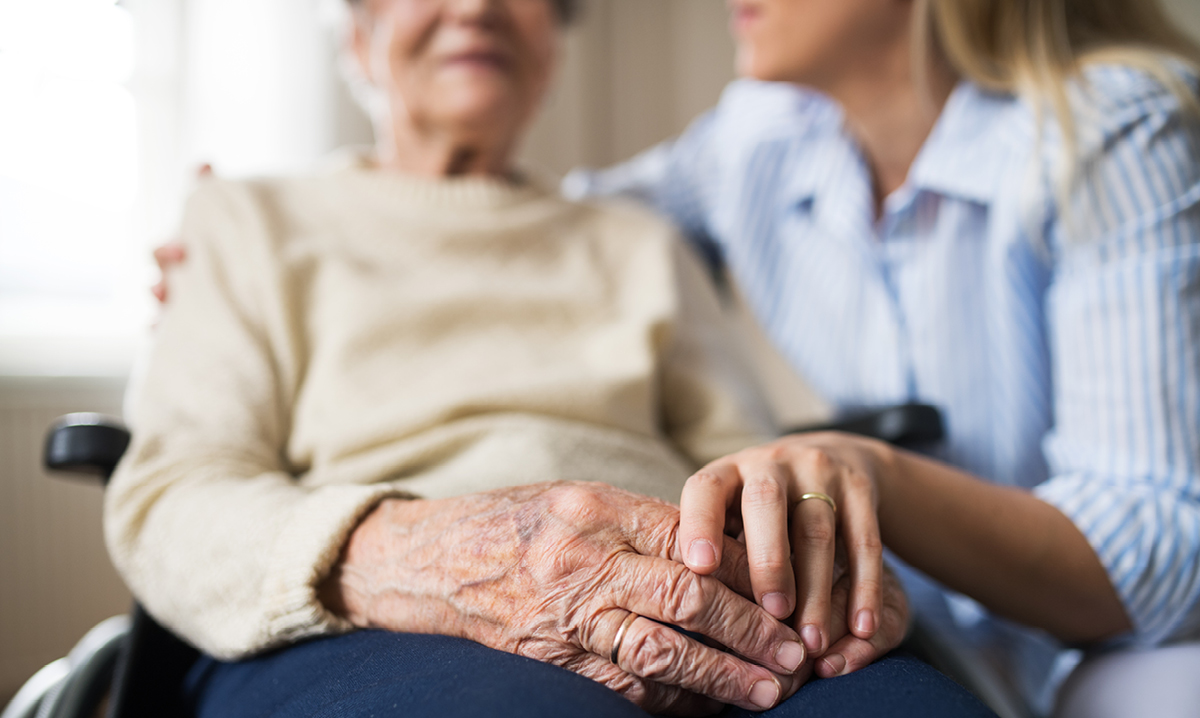
At any point in life, someone that you love and care for could be diagnosed with some kind of medical condition that throws them and everyone they know for a loop. Sadly, this is more likely to happen as people get older, which is also when they might not be as able to deal with these issues on their own. So if you have an elderly loved one who’s just learned how sick they are, it can be incredibly helpful for them to have your support.
To help you learn how you can be part of this support system, here are three tips for helping an elderly loved one deal with a tough medical diagnosis.
Become An Advocate For Them
Depending on the mental state of your eldery loved one and if they are living in an assisted living facility or not, you might need to take a much more active role in their care than when they were younger. If this is the situation, you should try your best to be an informed advocate for them and their health.
To do this, you’ll need to learn as much as you can about their diagnosis and what it means for their health and quality of life. Additionally, you should research what medical options they have available to them. By having this information, you can better explain things to your loved one and help them know what options are available to them and what course of action might be the best choice for them.
Expect There To Be Stages Of Grief
After learning that they have a big medical battle in front of them, it’s perfectly normal to go through the stages of grief even when death might not be something that’s immediately upon them.
As someone who’s wanting to help and support your elderly loved one through this time, it can be helpful to do what you can to help them through these stages of grief. While you might also be experiencing these things yourself, learning how to talk about the stages of grief and trying to work through them together can be emotionally healing for everyone involved.
Just Be There
It can oftentimes be hard to know what to do and how to help in situations such as these. Because of this, you might find yourself feeling like you don’t know what to do or that there’s nothing you really can do.
If you begin going down this line of thinking, know that just being there for your loved one can be immensely helpful for them. Not feeling alone and being confident that someone cares and will be there for the long-run can help someone struggling with a scary medical diagnosis to feel a little less alone.
If you have an elderly loved one who’s just been given a tough medical diagnosis, consider using the tips mentioned above to help you learn how you can be a support for them.












